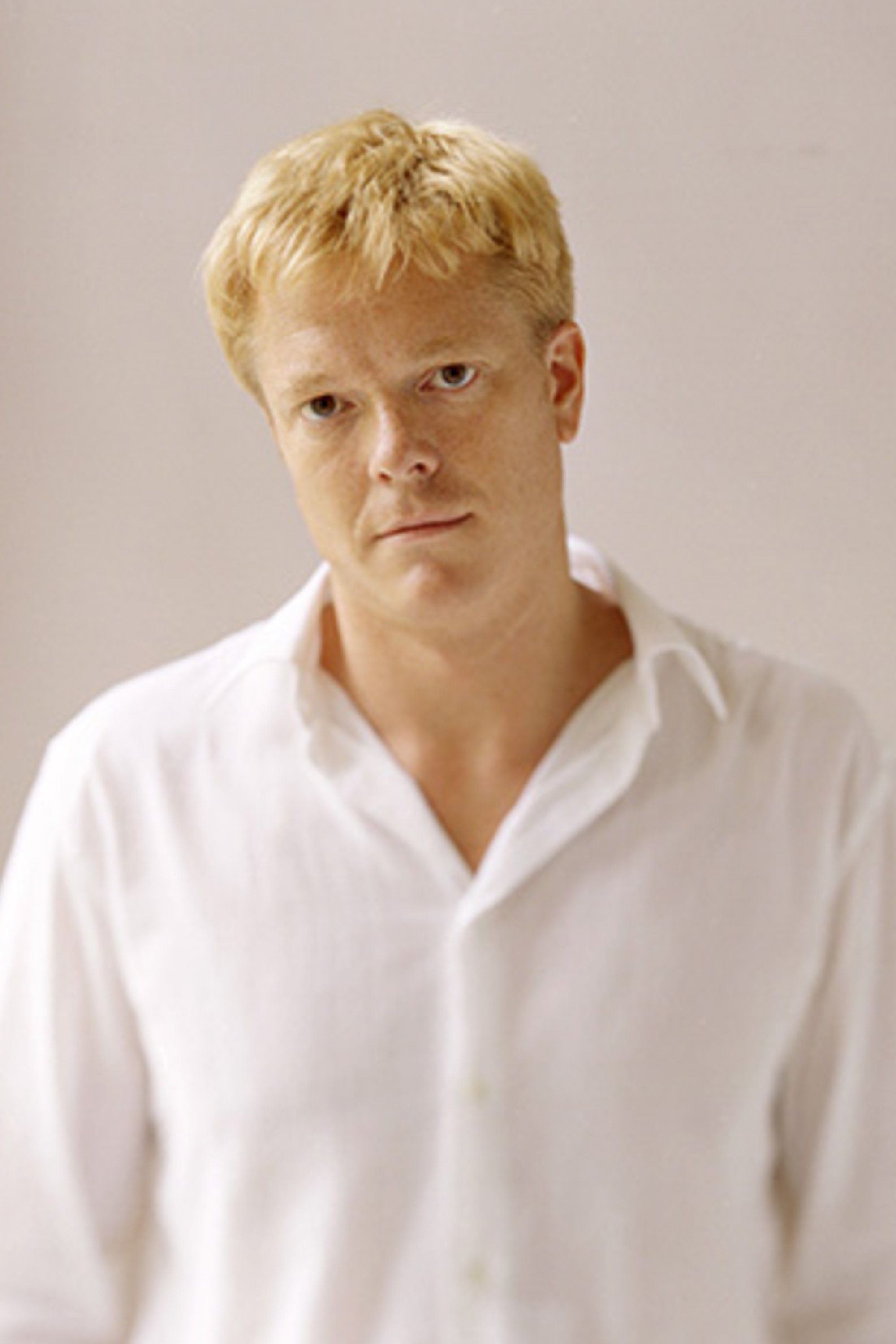
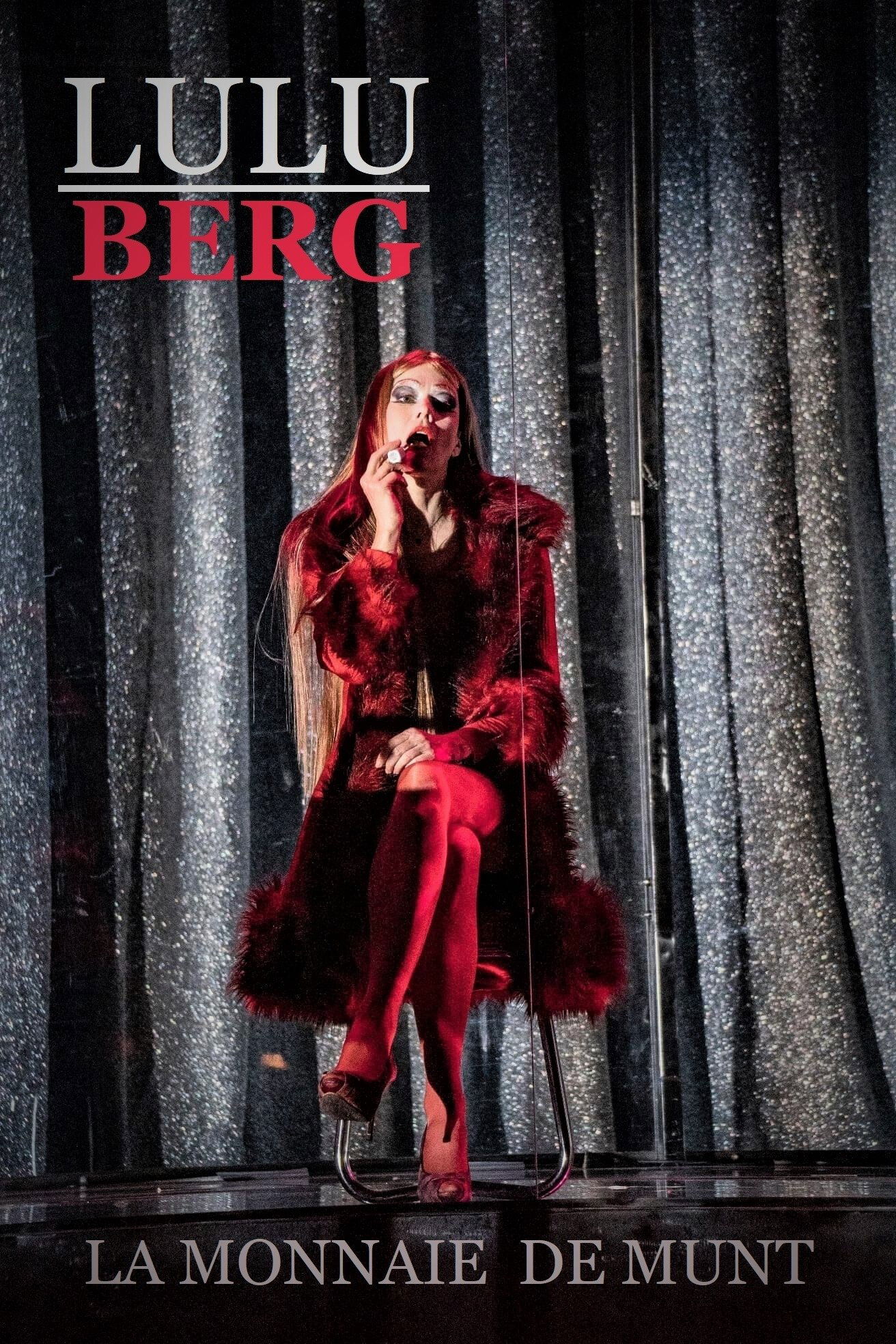
Alban Berg explores the power that Eros and Thanatos, in their rawest forms, have over our lives: Lulu, a femme fatale, will do anything to get ahead in a man’s world, but she ends up being destroyed.
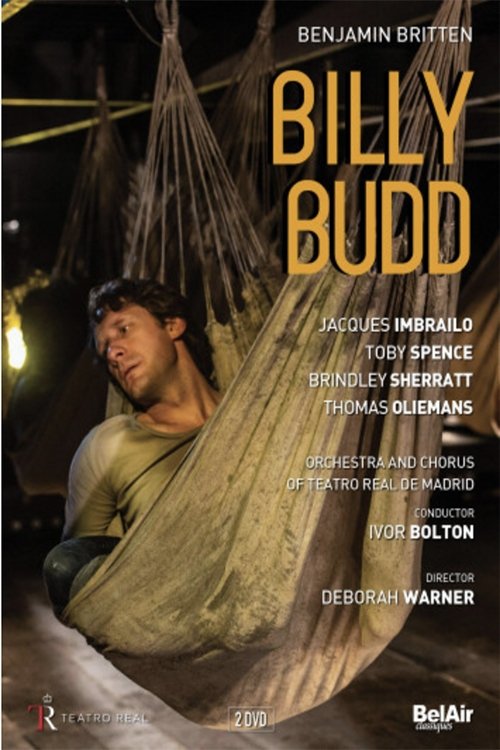
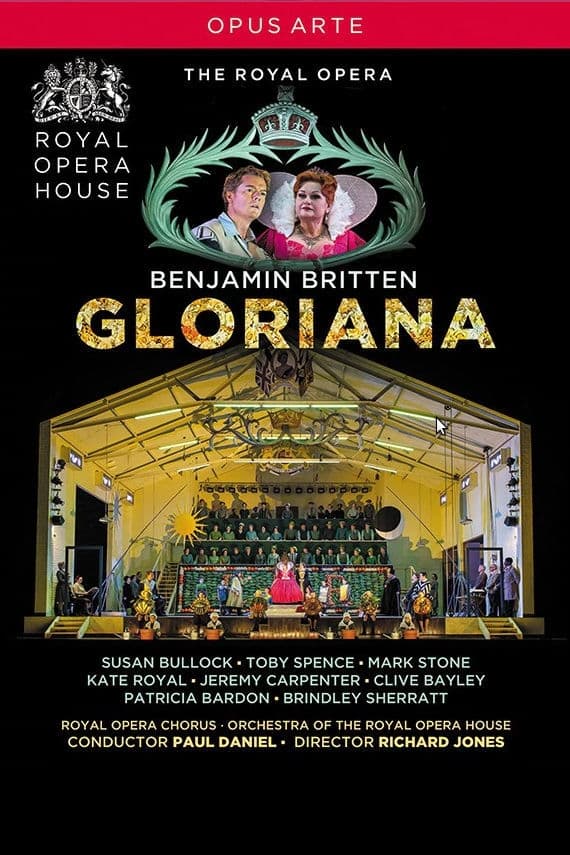
Benjamin Britten’s opera Gloriana was written in 1953 for celebrations around the Coronation of Her Majesty Queen Elizabeth II, to whom the opera is dedicated. It had its first performance at the Royal Opera House on 8 June 1953, in the presence of The Queen then just 6 days into her reign. The centenary in 2013 of Britten’s birth prompted this new Royal Opera production, in which director Richard Jones uses the setting of a celebratory pageant in 1953 to explore the work’s alternating splendour and intimacy. This theatrical, inventive and colourful staging has at its core the symbolic reflections between the Tudor Elizabethan and the New Elizabethan ages that characterize the opera. The juxtaposition of the modern and the archaic in William Plomer’s libretto is wonderfully amplified in music that artfully fuses the sounds and manners of Tudor England – from lute songs to courtly dances – with Britten’s own distinctive style.
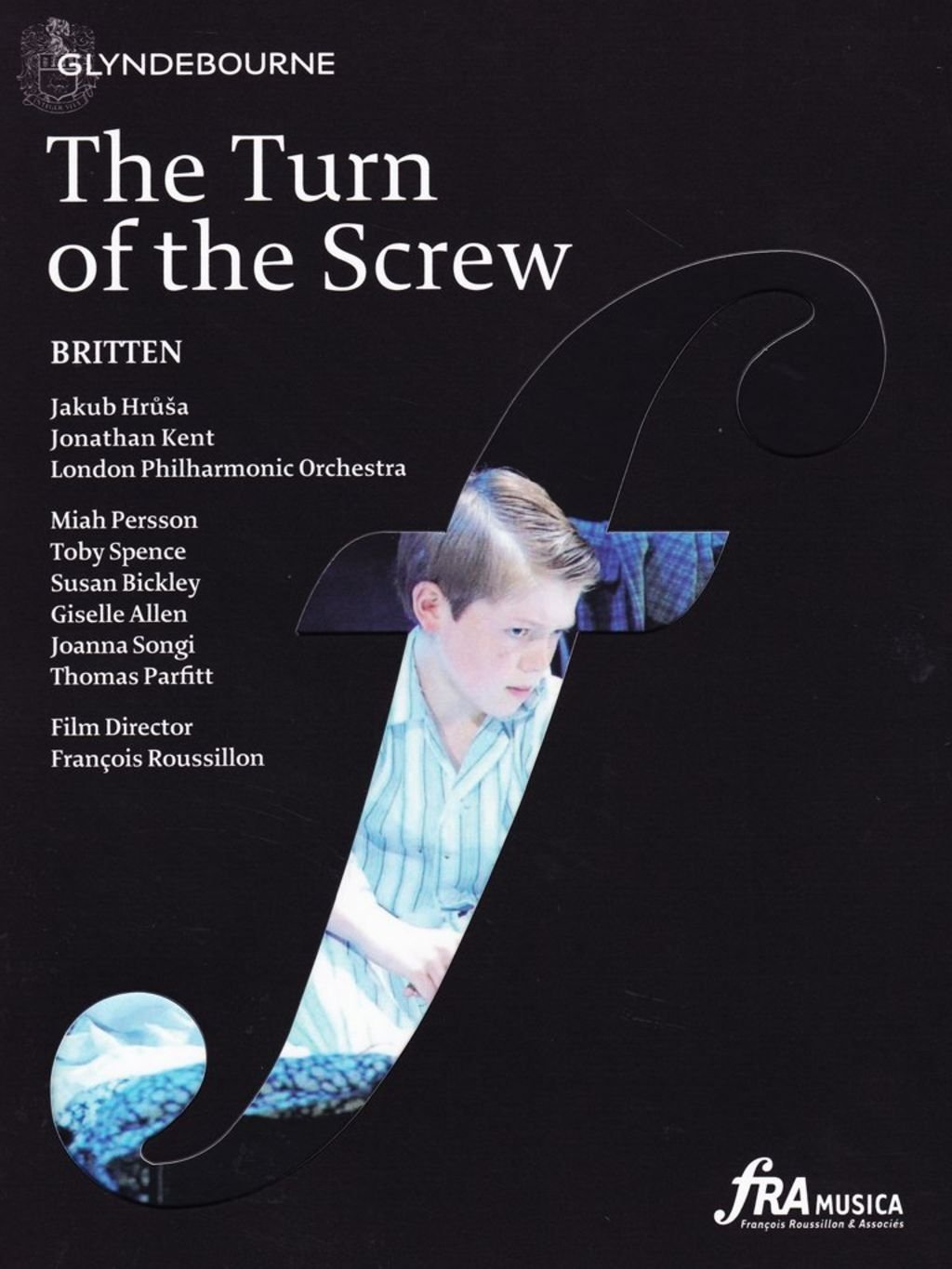
A remote English country house, and old and faithful housekeeper, two young orphan children and an eager new governess sent down from London to look after them. But all is not quite as it seems in the sheltered world of Bly. Britten's brilliantly scored, insidiously compelling adaptation of Henry James's novella takes its themes of of childish innocence and adult corruption, then twists and turns them to disturbing and ultimately devastating effect.
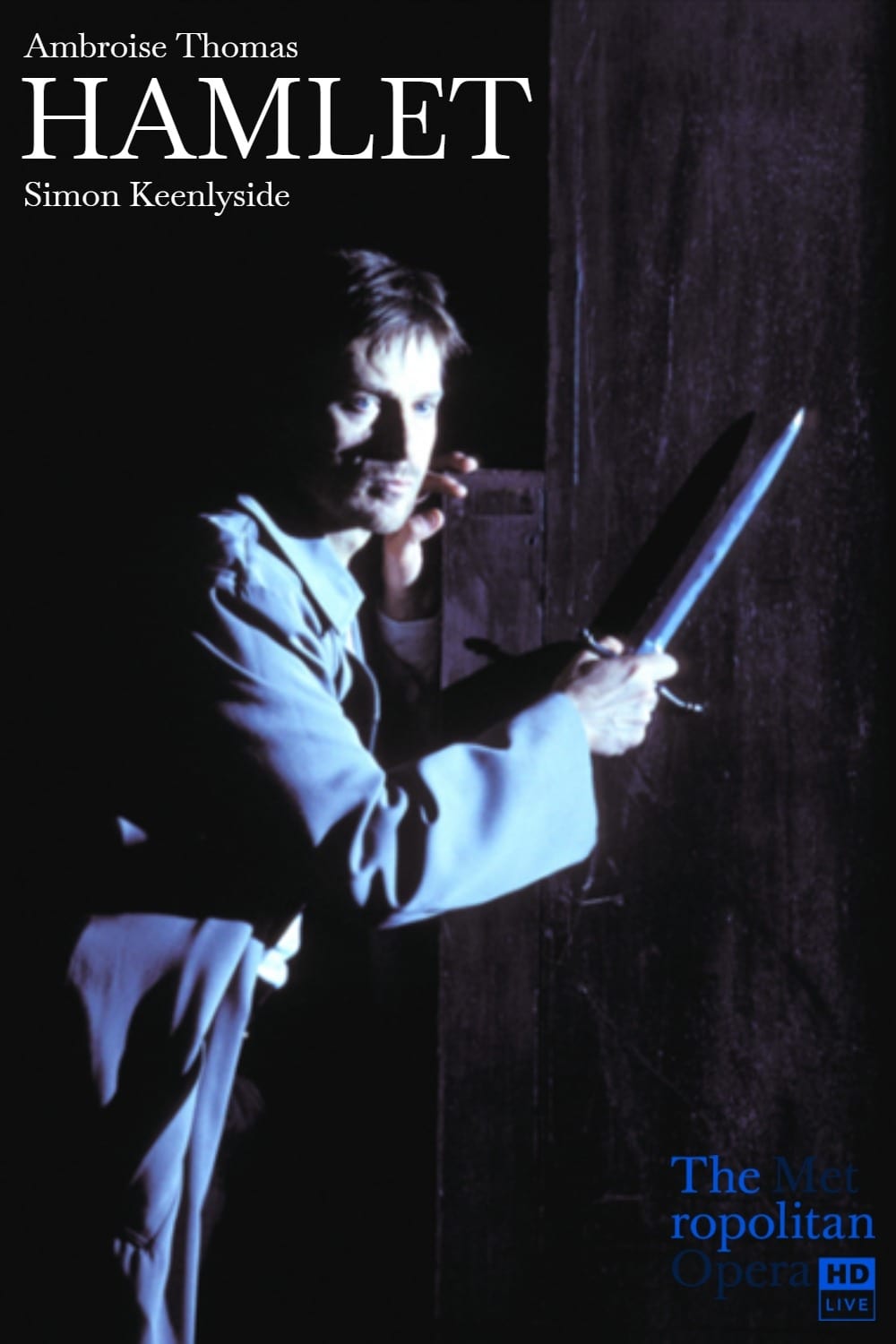
After over a century out of the Met’s repertoire, audiences were thrilled to discover just what a sensational evening in the theater Thomas’s Hamlet can be. Simon Keenlyside’s riveting performance as the tortured Prince of Denmark in Patrice Caurier and Moshe Leiser’s starkly brooding production had critics raving that Keenlyside’s superb singing, coupled with his deftly delineated three-dimensional Hamlet, was one of the greatest examples of operatic drama of our time. The cast includes Marlis Petersen as the long suffering Ophélie, who brilliantly shows why her mad scene is so justly famous, along with Jennifer Larmore and James Morris as Gertrude and Claudius.
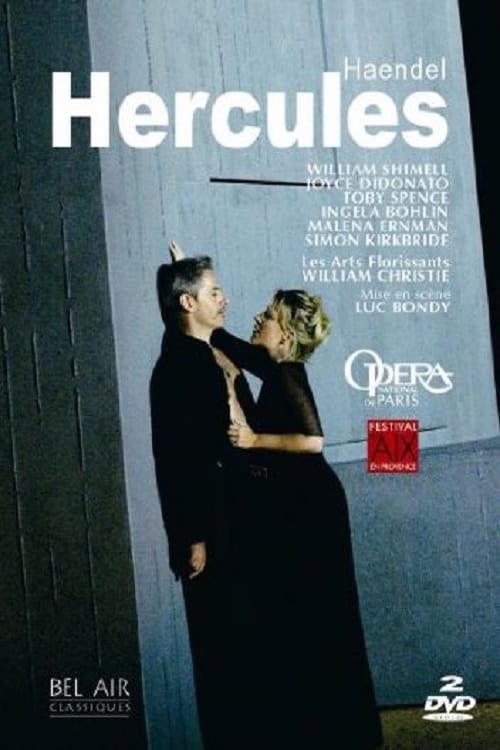
William Christie, the master of Baroque music, and stage producer Luc Bondy join forces in Paris to give Handel's masterwork a new lease of life.
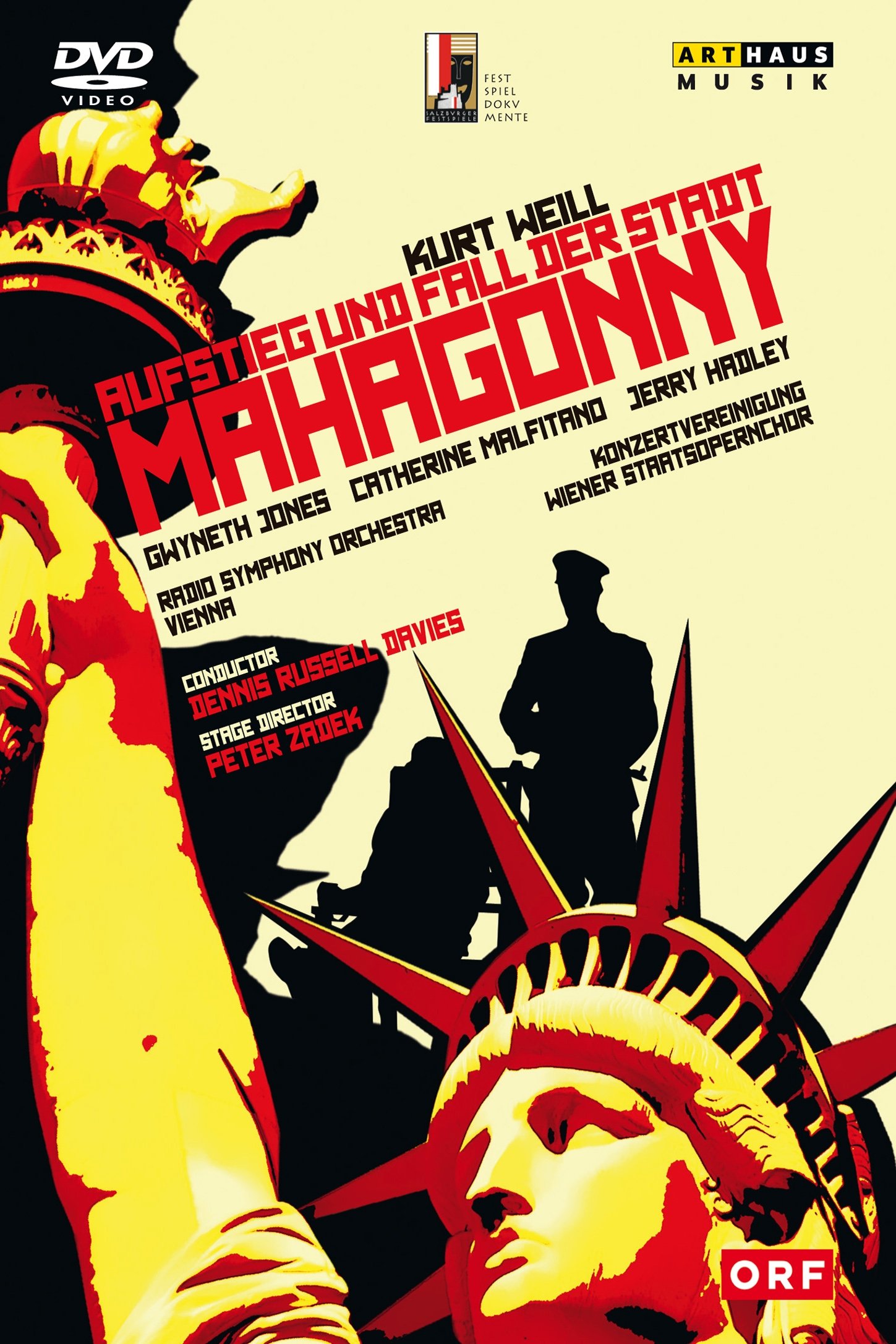
Depicts the consumerism of the mythical city of Mahagonny, conveying all its ripe decadence. A Hollywood Babylon full of pyramidal towers, carved elephants, commodified sex and licensed gluttony. An opera in three acts, live from the Salzburger Festspiele, 1998. Conductor: Dennis Russell Davies. Stage Director: Peter Zadek.
By browsing this website, you accept our cookies policy.